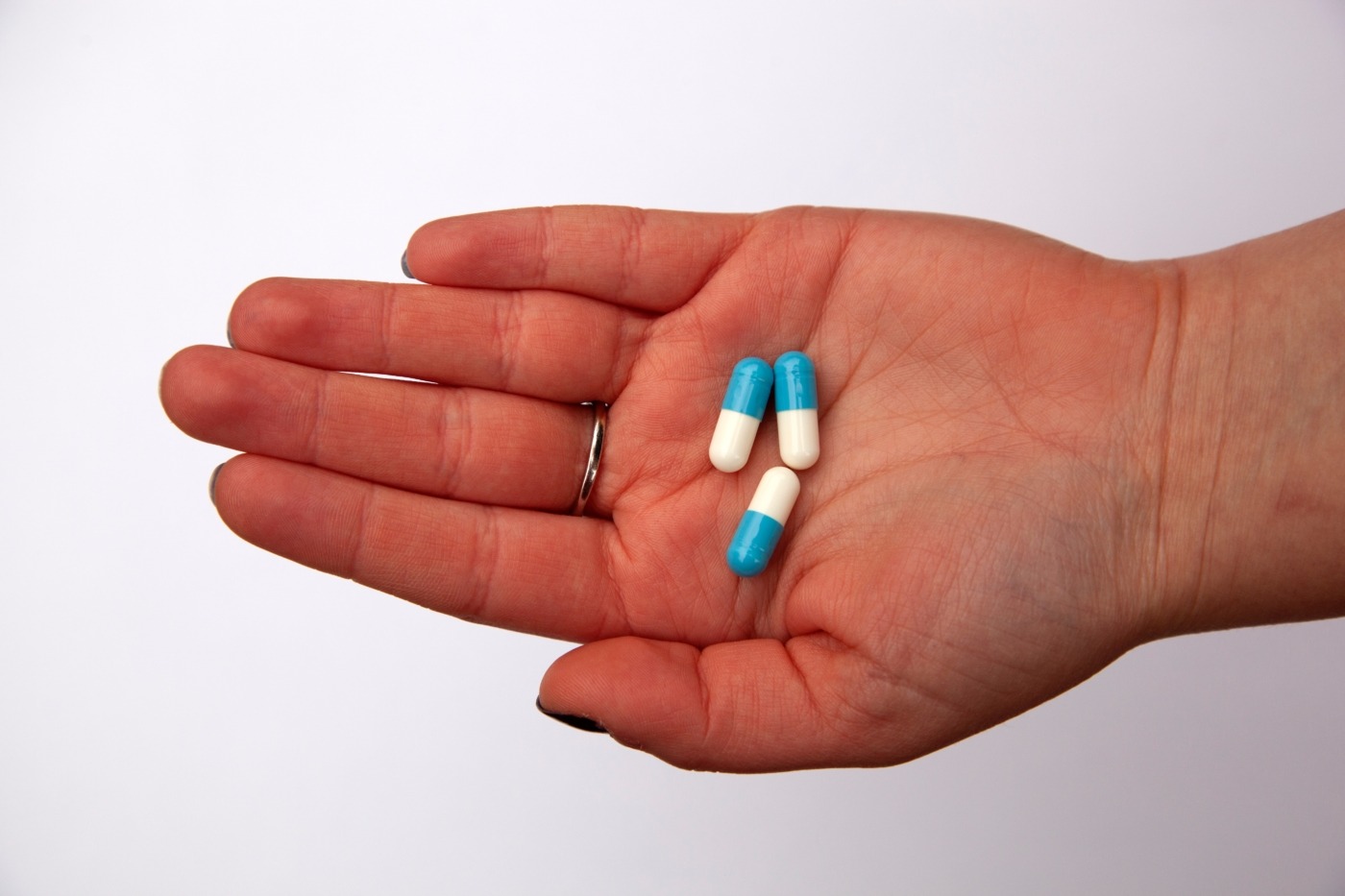Antibiotic resistance may be spread by globe-trotting E. coli
Airplane toilets use one of two systems to get rid of their sewage waste. A closed water system flushes the waste into an onboard sewage tank, working similarly to a household toilet. The vacuum waste system is more modern as it sucks the water into the tank which prevents spillage. New studies have emerged with data showing that sewage waste from airplanes is full of bacteria resistant to many different types of antibiotics. The resistance, to various types of medicines including antibiotics, is caused by small changes in the DNA of microbes such as E.coli. This is particularly important as it can spread to other microbes that they encounter and hence the spread can often be extremely rapid and widespread.
German household wastewater systems contain high quantities of E.coli, as well as other bacteria. However only 45-60% of these E.coli are resistant to antibiotics. In comparison, one study which was conducted in five German airports, showed that around 90% of the 187 E.coli that were isolated had resistance to at least one antibiotic. The five airports studied were of varying sizes, with three having over 20 million passengers a year and two having over 10 million. As well as this, the probability of the E.coli being resistant to three or more antibiotics was several times higher in the wastewater from airplanes compared to households. This shows that sewage waste from airplanes may play a big role in the spread of antibiotic resistance globally, a concept that has not been studied before. Since E.coli is in the guts of all humans, the spread of antibiotic resistance through E.coli can cause many difficulties in treating patients. A simple course of antibiotics may cause no change in an organism and so more drastic treatments may need to be applied. Infections such as pneumonia, gonorrhoea, and foodborne illnesses may be particularly hard to treat without antibiotics. A recent study has shown that around 35,000 lives in the United States are lost yearly due to infections of drug resistant bacteria and fungi. This shows that while antibiotics have been heavily relied upon for the last 70 years, the recent development of resistance may completely reshape medicine and cause for new alternative treatments to be developed.
New studies have emerged with data showing that sewage waste from airplanes is full of bacteria resistant to many different types of antibiotics
Prior to this study, most scientists believed that hospitals were the most common place where antibiotic resistance could spread on such a wide scale. While the risks of antibiotic resistance spreading by microbes such as E.coli remains high in hospitals, this study showed that the airplane sewage was several times more responsible than the microbes in the hospital. For example, upon comparing three different drugs used to treat urinary tract infections caused by this microbe, the antibiotic resistance from E.coli in airplane sewage was eight times more prevalent than in the hospitals.
Although antibiotic resistance is known to be spread by migrating animals, travelling people and food trade, wastewater from airplanes is just as important due to the thousands of flights taken daily. The World Health Organization has labelled antibiotic resistance as one of the “biggest threats to global health, food security, and development today”. This shows that studies, such as this one, which investigate how the spread of antibiotic resistance occurs, are critical in understanding and managing antibiotic resistance in the future.

Comments